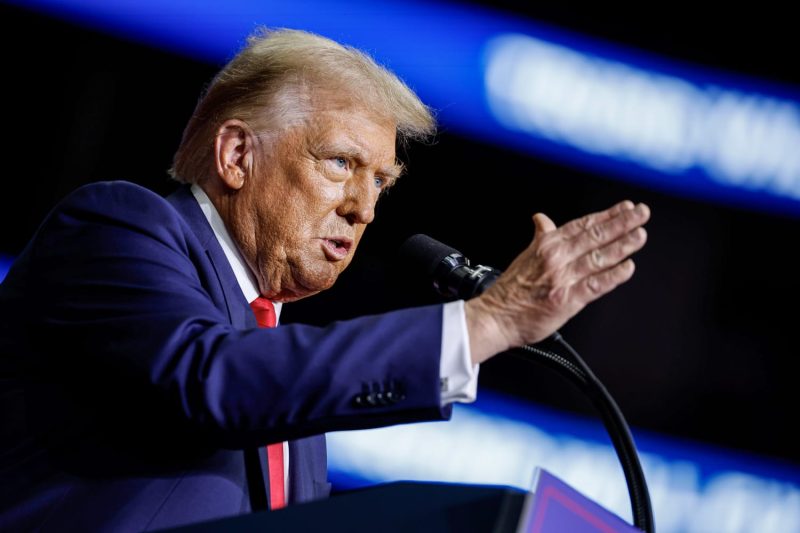In a recent turn of events, President Trump’s escalating tariff threats have sent shockwaves throughout the American business community. As companies scramble to navigate this unpredictable economic landscape, the search for lobbyists and loopholes has become a top priority for many. The repercussions of these protectionist policies could have far-reaching consequences for the global economy.
One of the primary concerns for U.S. companies is the potential impact on their supply chains. With tariffs targeting products from key trading partners such as China and the European Union, businesses are facing increased costs and logistical challenges. As a result, many companies are turning to lobbyists to advocate on their behalf and seek exemptions from the tariffs.
Lobbying efforts have intensified as companies seek to influence government policy and mitigate the effects of the tariffs. Lobbyists are working tirelessly to engage with lawmakers and administration officials to secure favorable trade policies and exemptions for their clients. This push for favorable treatment underscores the extent to which companies are willing to go to protect their bottom line in the face of uncertain economic conditions.
In addition to lobbying, companies are also exploring loopholes in existing regulations to minimize the impact of tariffs on their operations. By exploiting legal ambiguities and exemptions in trade laws, businesses are seeking creative ways to sidestep the tariffs and reduce their financial burden. This strategy of finding loopholes highlights the resourcefulness and adaptability of American businesses in the face of adversity.
While companies may find temporary relief through lobbying and loopholes, the long-term implications of these protectionist measures remain uncertain. The escalating trade tensions between the U.S. and its trading partners could disrupt global supply chains, drive up prices, and hinder economic growth. Ultimately, the search for lobbyists and loopholes may provide short-term solutions, but a more comprehensive approach that addresses the root causes of trade disputes is needed to ensure long-term stability and prosperity for all stakeholders.
As U.S. companies grapple with the fallout from Trump’s tariff threats, the quest for lobbyists and loopholes has underscored the challenges and complexities of navigating today’s global economy. In the absence of a clear resolution to the trade war, businesses must continue to adapt and evolve their strategies to remain competitive in an increasingly volatile economic environment. Only time will tell how the tariff saga will unfold and what impact it will have on American businesses and the broader economy.
